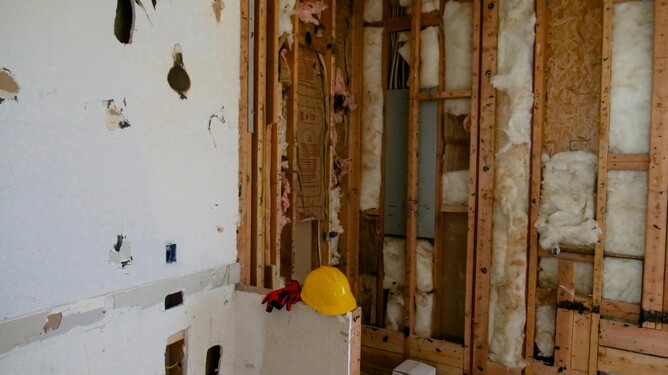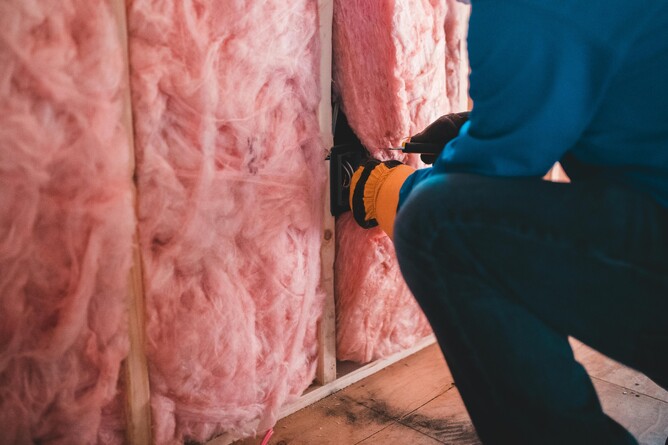Botched Government Insulation Schemes – What You Need to Know
The government has admitted that tens of thousands of homes have been left with badly fitted insulation under official schemes – and in some cases, this is causing damp, mould, and even health risks.
Energy Minister Miatta Fahnbulleh has admitted a “systemic failure”. Early audit checks show more than 30,000 homes with solid wall insulation fitted under the ECO4 and Great British Insulation Scheme (GBIS) weren’t done to standard.
Some of the problems include:
Poor ventilation, leading to damp and mould.
Exposed or wrongly fitted insulation.
Even health and safety issues like dodgy wiring.
If your home’s been insulated under ECO4 or GBIS since April 2022, it might be affected – but don’t panic. Not all work is bad.
What happens next
Inspections are underway: Ofgem has been contacting the 60,000 households fitted under these schemes. If you get a call or email from one of their official auditors, book the inspection.
You won’t pay a penny: If faults are found, the installer must fix them free. If they’ve gone bust, a guarantee scheme should cover you (up to £20,000).
Stay alert to scammers: Real inspectors will use your Unique Measure Reference Number (UMRN) (you’ll find it in the Ofgem letter or your paperwork). Don’t let anyone in who can’t prove they’re official.
If you’re affected
Check your post or emails for any correspondence from Ofgem.
If you’ve not heard anything but had insulation fitted since April 2022 under ECO4/GBIS, you can contact Ofgem directly via email ECOhelp@ofgem.gov.uk or Freephone 0808 169 4447 (Mon–Fri, 9:30–16:30).
The bottom line
The Government admits tens of thousands of homes need repairs.
Fixes should be free – but you may need to push to get them.
Other schemes (like Local Authority Delivery and Social Housing Decarbonisation) are said not to have the same widespread problems, though spot checks continue.
If you’re contacted for an inspection – book it. If you’ve got damp or mould after insulation, chase Ofgem. Don’t ignore it.
Sources: BBC and NRLA


